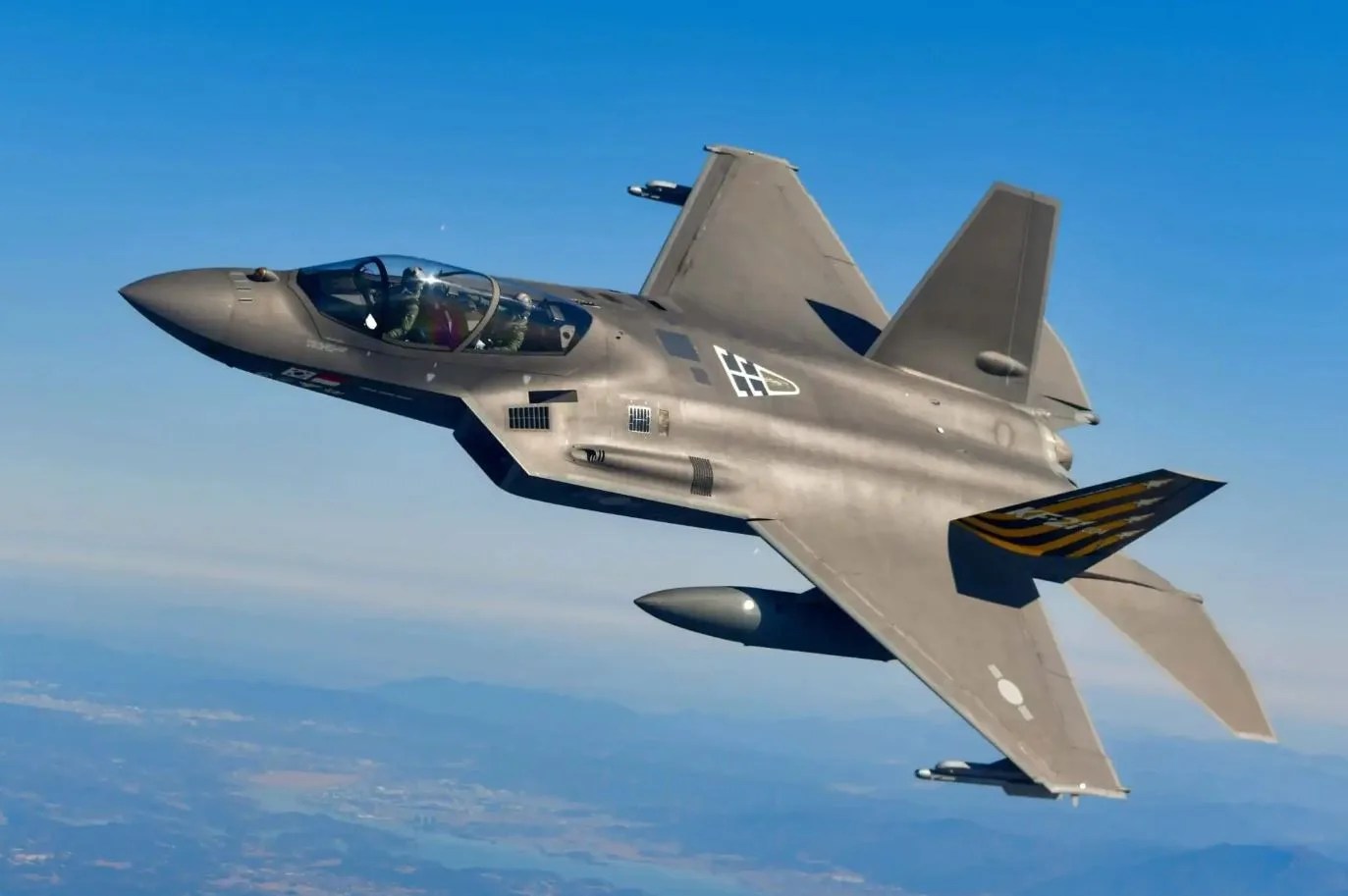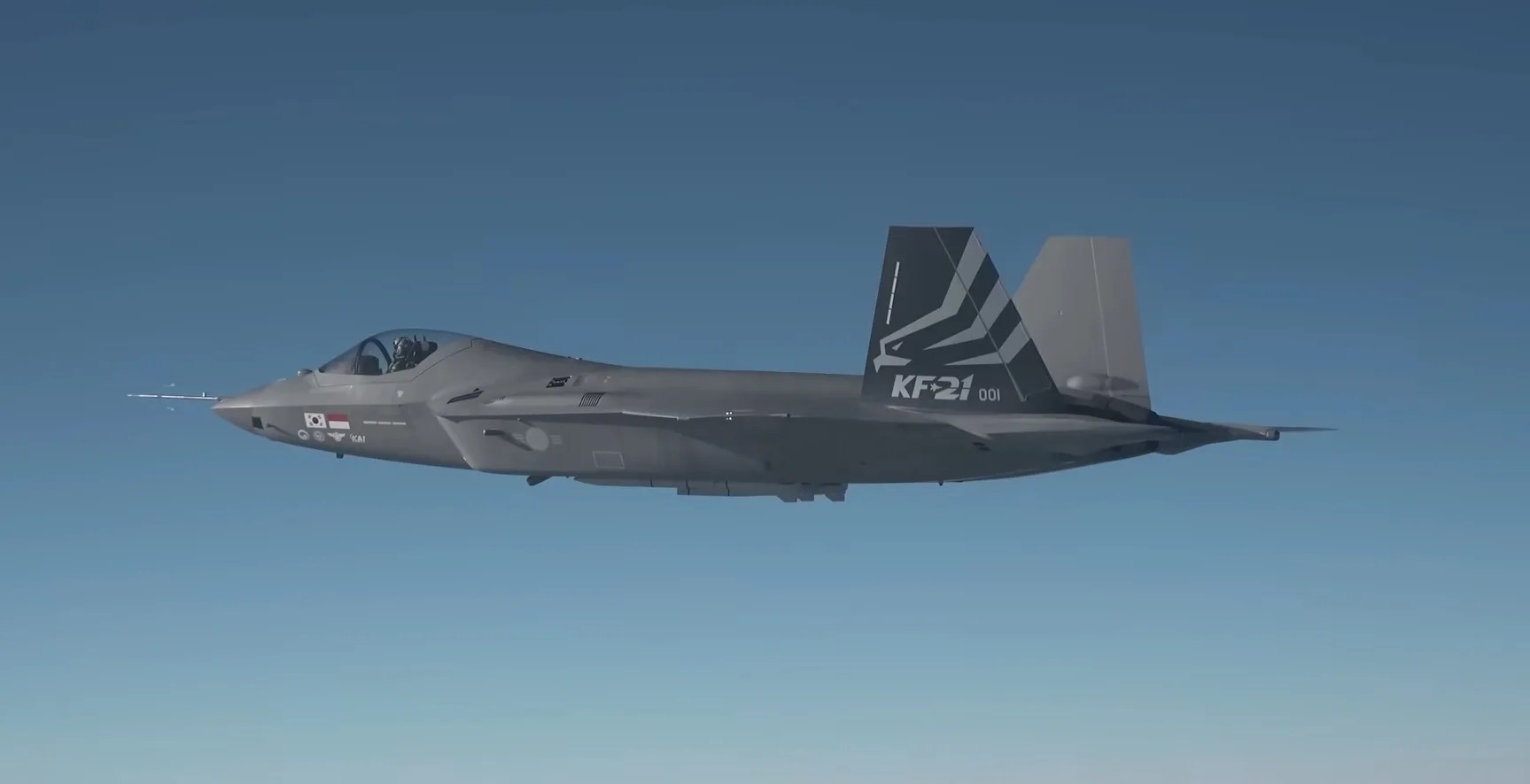Less than a week after reaching an agreement with Turkey for 48 KAAN stealth fighters, the Indonesian government has finalized a negotiation with its South Korean counterpart that stipulates a further reduction in its participation in the KF-21 Boramae program—a negotiation that had been ongoing for over a year and was marked by various problematic incidents that cast doubt on Jakarta’s commitment to the project. Specifically, the new agreement signed between the parties during the Indo Defence exhibition sets Indonesia’s financial contribution at around $437 million, less than half of the amount originally pledged when the country joined the program in 2016.

Expanding on some relevant points, it is worth mentioning that Indonesia has already contributed a significant portion of the newly agreed-upon total. Reports indicate this figure has reached $292.2 million. The remaining amount is still pending, awaiting the definition of a new payment schedule to be agreed upon with Korea Aerospace Industries (KAI), the lead company behind the KF-21 program, as confirmed by the Defense Acquisition Program Administration (DAPA).
It is worth recalling that Indonesia’s original intention in 2016 was to contribute approximately $1.24 billion to the development of the KF-21, which would represent around 20% of the program’s cost. This level of involvement would entitle it to joint development rights and access to key technology transfers. By 2023, the first problems had begun to emerge, with Jakarta requesting to reduce its contribution to the aforementioned amount, which also led to a reduction in the benefits received from Seoul. Additionally, the contract was impacted in terms of payment timelines, as Indonesia requested an extension until the year 2034.

As mentioned earlier, the revised agreement under these new conditions took over a year to negotiate and finalize. This was mainly due to an incident in January 2023, in which a group of Indonesian engineers was accused of attempting to steal key program information by extracting data using USB devices at KAI facilities. As expected, South Korea launched an investigation involving the country’s prosecution service, which triggered immediate complaints from Indonesia. This investigation was only recently closed at the beginning of this month, with the engineers being cleared of all charges by South Korean prosecutors.
Finally, it should be noted that the already weakened partnership between Indonesia and South Korea in the KF-21 program was further strained by Indonesia’s recent announcement of its decision to acquire 48 KAAN fighters, currently being developed by Turkish Aerospace. As reported last Wednesday, this is a historic agreement that sets the delivery of the aircraft within 120 months and includes the transfer of relevant technology, along with the possibility of involving Indonesian companies in the production process.
*Images used for illustrative purposes only
You may also like: Awaiting the Scorpène Evolved from Naval Group, China offers its Type 039A submarines to the Indonesian Navy as replacements for the aging Type 209s
